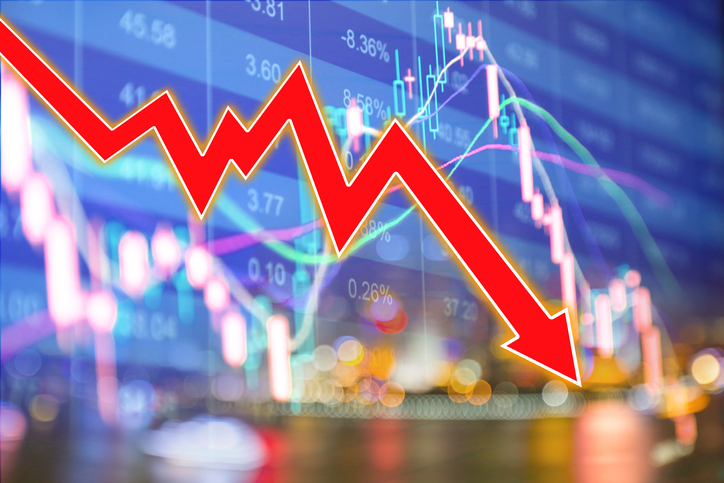Worst six months ever for Smithson as shares drop 40%
2nd August 2022 11:34
by Sam Benstead from interactive investor
The Terry Smith-backed trust has endured a dismal start to the year, but inflation falling could reinvigorate its portfolio, explains Sam Benstead.

Smithson Investment Trust underperformed its benchmark by nearly 20 percentage points in the first half of 2022, delivering a net asset value (NAV) loss per share of 31.7% and a 41.3% share price total return decline.
This was the worst six-month period ever for the trust, which was launched in October 2018 by Terry Smith’s investment firm Fundsmith.
Nevertheless, investors who have held on since launch would have clocked up an 8.2% annual total return compared with a 6.8% return for the index, the MSCI World Small and Mid (SMID) Cap Index.
Find out about: Free regular investing | Interactive investor Offers | ii Super 60 Investments
Writing in the trust’s half-year results, out today, chair Diana Dyer Bartlett said the returns this year had been “disappointing” but pledged her support for fund manager Simon Barnard and the Fundsmith investment approach of buying “quality” companies.
She said: “Owning high-quality companies capable of sustainable growth is a strategy that has been shown to work well over the long term, through many economic cycles, and the board has confidence that the investment manager can execute the strategy successfully.
“The trust continues to offer investors exposure to some of the best companies available in the global small and mid-cap sector and the board believes that the long-term investor will be well rewarded.”
- Funds Fan: star fund manager bargain buys, and Smithson interview
- Eight star fund managers you can buy on the cheap
- Smithson manager goes on spending spree as shares fall 35%
Barnard said there were three reasons for the poor performance: inflation, interest rate expectations and now recession fears.
When it became evident that inflation was no longer “transitory”, as central banks had initially argued, investors began to price in sharp interest rate rises to their share price valuations.
Higher interest rates decrease the appeal of future profits, as investors can get a better return from safe cash and government bonds. This was bad news for the highly valued stocks that Barnard owns, sending shares crashing. Finally, fears of recessions caused investors to downgrade profit expectations for companies.
Barnard said: “These three issues have affected both the market and the portfolio, but have done so in different ways and to varying degrees.
“To our minds, it has been the second point, interest rate expectations, that has affected the performance of the fund the most. This is because the high-quality, growing companies that we invest in typically have higher ratings than the rest of the market, and by the end of 2021, this was particularly true.”
However, the fund manager reckons that once inflation has peaked, the portfolio will make a comeback.
Barnard said: “It therefore stands to reason that the pressure on the ratings of our companies will be relieved once interest rate expectations stabilise. This, in turn, likely requires us to observe the peak in inflation, because once that stops increasing, we can get a sense for the size and shape of the interest rate cycle that will be required to tame it. While the actual peak will be determined after the fact, by a few months of declining inflation data to prove the case, we can still hope that we are living through the peak of inflation now.”
Barnard revealed in a May episode of interactive investor’s Funds Fan podcast that he had used up all his cash to profit from lower share price valuations.
Since 30 June 2022, when the reporting period ended, shares have rebounded 17% on investor hopes that interest rates rises will end sooner than previously anticipated. The shares are trading on a discount of 4.5%
These articles are provided for information purposes only. Occasionally, an opinion about whether to buy or sell a specific investment may be provided by third parties. The content is not intended to be a personal recommendation to buy or sell any financial instrument or product, or to adopt any investment strategy as it is not provided based on an assessment of your investing knowledge and experience, your financial situation or your investment objectives. The value of your investments, and the income derived from them, may go down as well as up. You may not get back all the money that you invest. The investments referred to in this article may not be suitable for all investors, and if in doubt, an investor should seek advice from a qualified investment adviser.
Full performance can be found on the company or index summary page on the interactive investor website. Simply click on the company's or index name highlighted in the article.